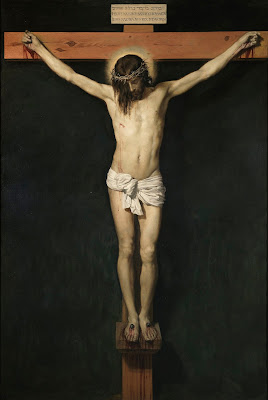Apollonius lived
in second century Rome. He was a well-educated man and became a high ranking politician
and philosopher. He rose to the rank of senator. He was outed as a Christian by
one of his slaves to the Pretorian Prefect Perennius and brought before
the Senate to defend himself.
It was expected that he would recant his faith, or at least
give into the demands of Roman law and worship Roman gods. The first
investigation was in front of Perennius, and three days later, the second
investigation was in front of senators and jurists. Apollonius used the
opportunity to, instead of recant or water down his faith, defend and preach
it.
He defended his faith on the basis of beauty and truth. He
refused to worship any gods but the one true God. He said he did not fear
punishment or death, because there is no punishment in attaining eternity with
God.
Apollonius was condemned to death. He was martyred in Rome
on April 21, 185. His feast day is April 18. He is remembered for his great apologetics.










